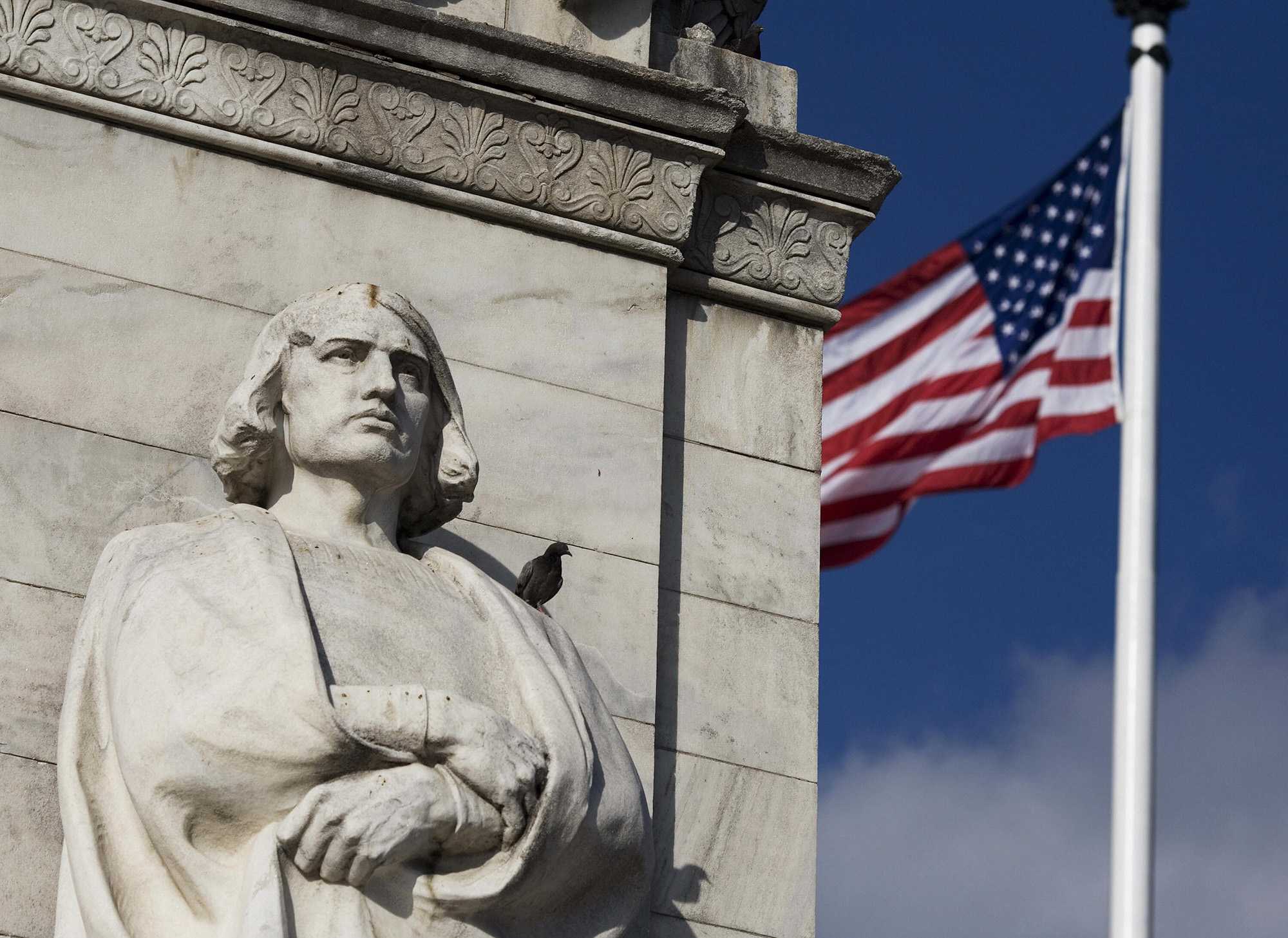Every year, a legacy as cruel and abhorrent as slavery in the U.S. is revered by many in American society. However, to the Native American tribal alliances of America, Columbus Day represents state-endorsed mockery and an inclination toward a state of indifference to the legacy of colonial violence initiated at the arrival of Christopher Columbus and the Spanish “Discovery” fleet. Let’s be clear: Institutions that continue to celebrate the year 1492 and the great genocidal capturer, Christopher Columbus, are far behind the arc of progress.
The City of Fresno and its surrounding educational institutions do not want to be at the bottom of a list that includes over 100 U.S. municipalities ”” ranging from Washington D.C. to Berkeley, California ”” that already have resolved to instate Indigenous Peoples’ Day in place of Columbus Day. This is an inexorable declaration that should be reverberated throughout the conference rooms of city hall and Fresno State. It should gain support from all leaders who truly believe that the process of educating a society instills in its citizens such values as diversity and acceptance.
Let this, then, be a challenge to society and leaders everywhere. We must move forward from Columbus! We must recognize that every time we celebrate Columbus Day, irrefutably, we are celebrating horrific atrocities such as genocide, forced family separation and european colonization of Native Americans. I submit to those who consider themselves to be leaders that the status quo can no longer be accepted.
We believe that bold things start at Fresno State. Accordingly, on Monday, Oct. 14, 2019, at 12:00 p.m., we, the Native American community of Fresno State will stand in solidarity to call on our Associated Students, Inc. (ASI) President Omar Hernandez and the ASI Senate to dissolve all existing ties between the Fresno State campus and Christopher Columbus and to institutionalize Indigenous Peoples’ Day. And in so doing, then, we declare that we are fortunate to sit in the midst of the San Joaquin Valley, a valley that is home to the Yokut and Mono Native American people, and whose diverse tribal communities have shared stewardship over this sacred land for thousands of years.
We are still here.




